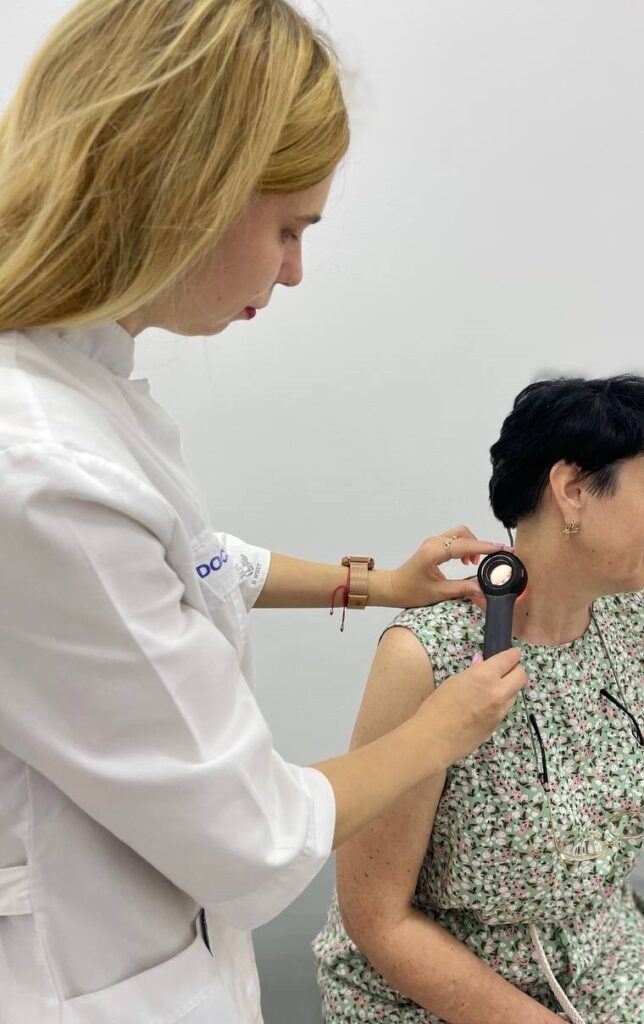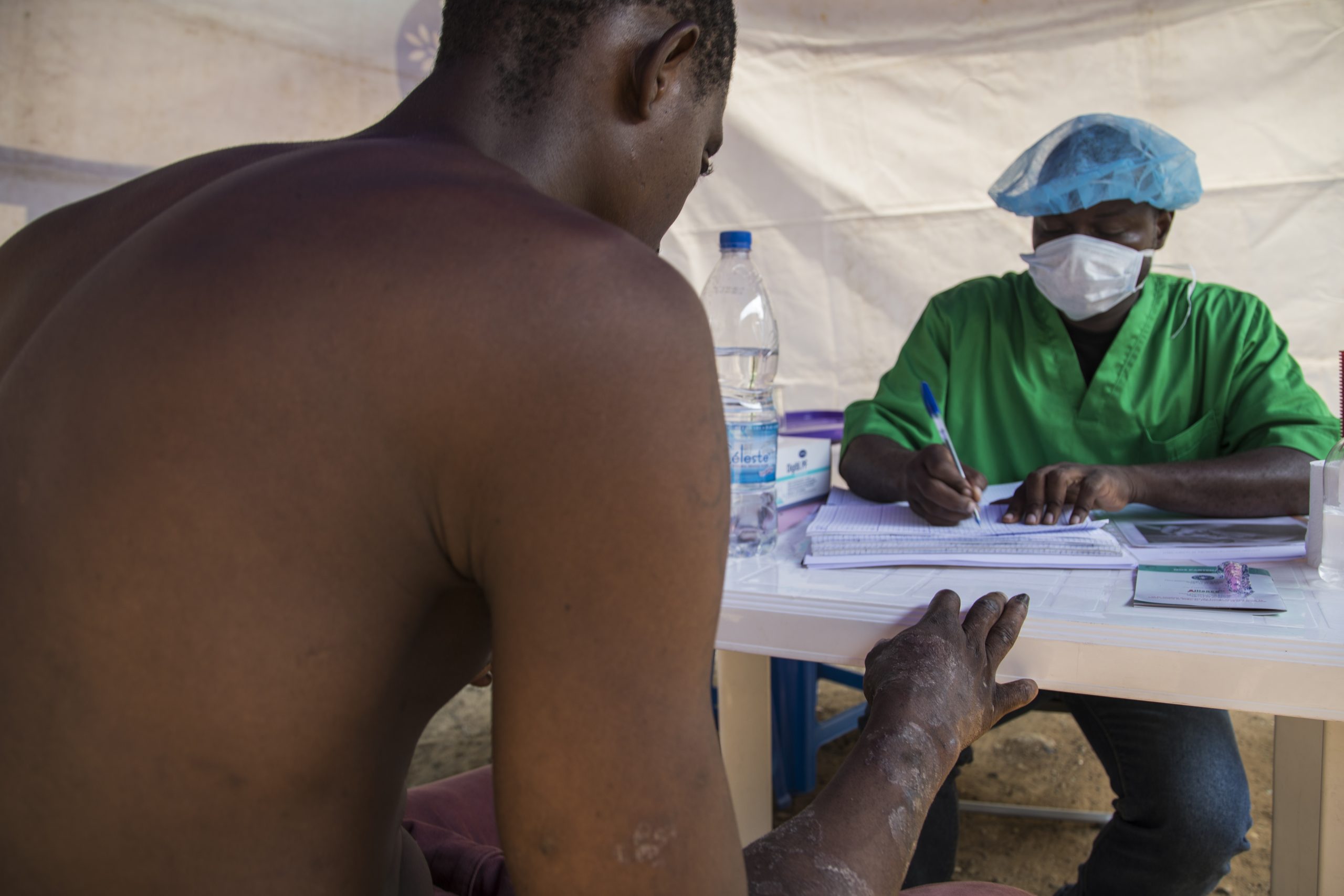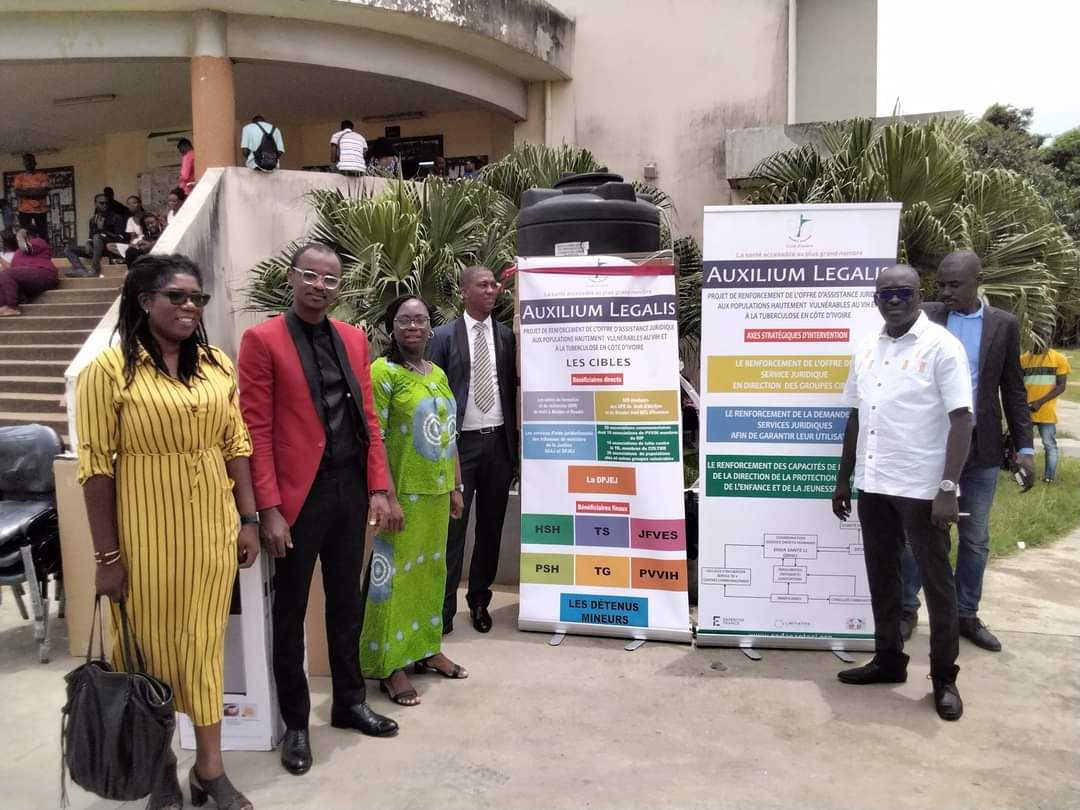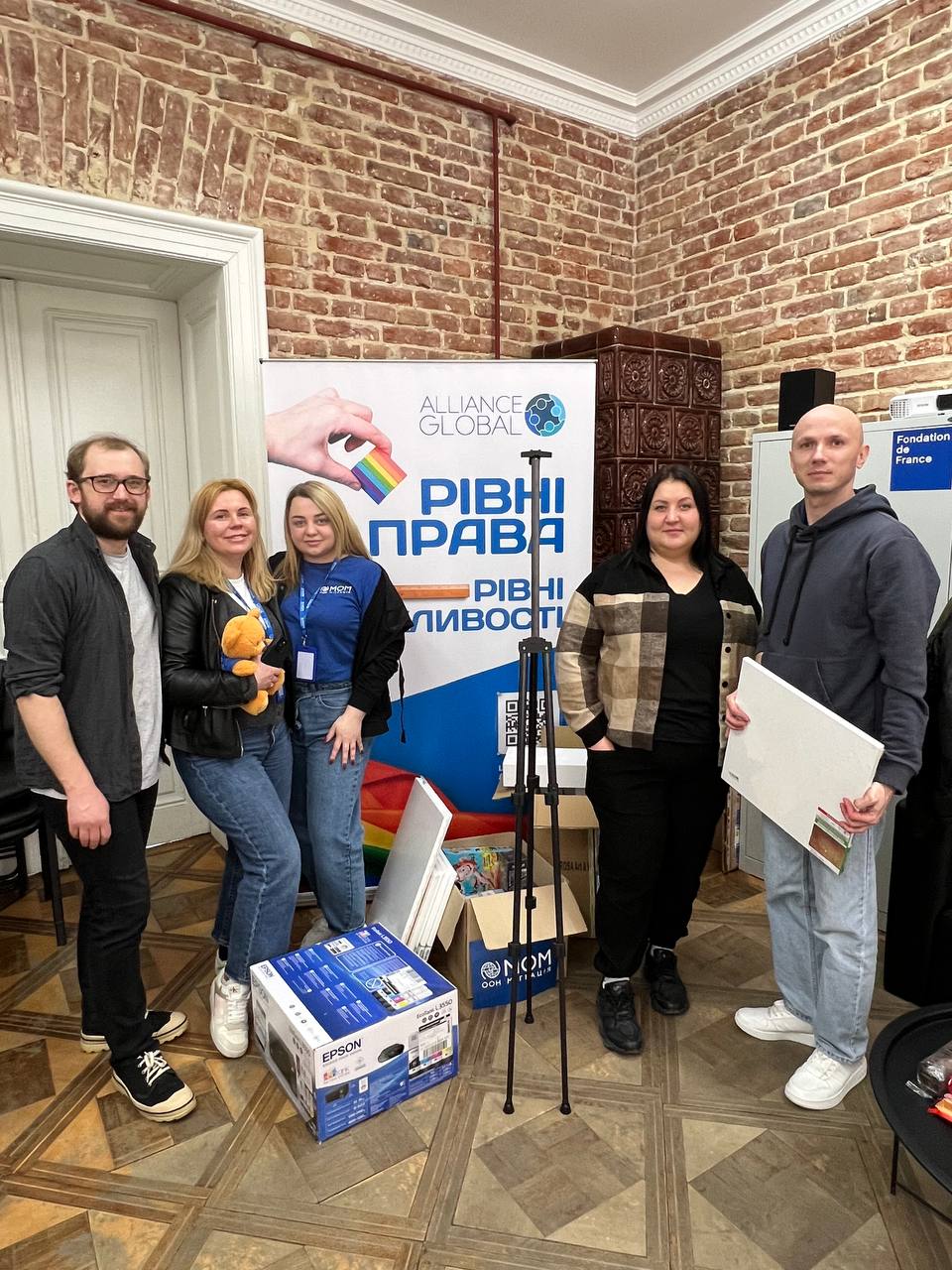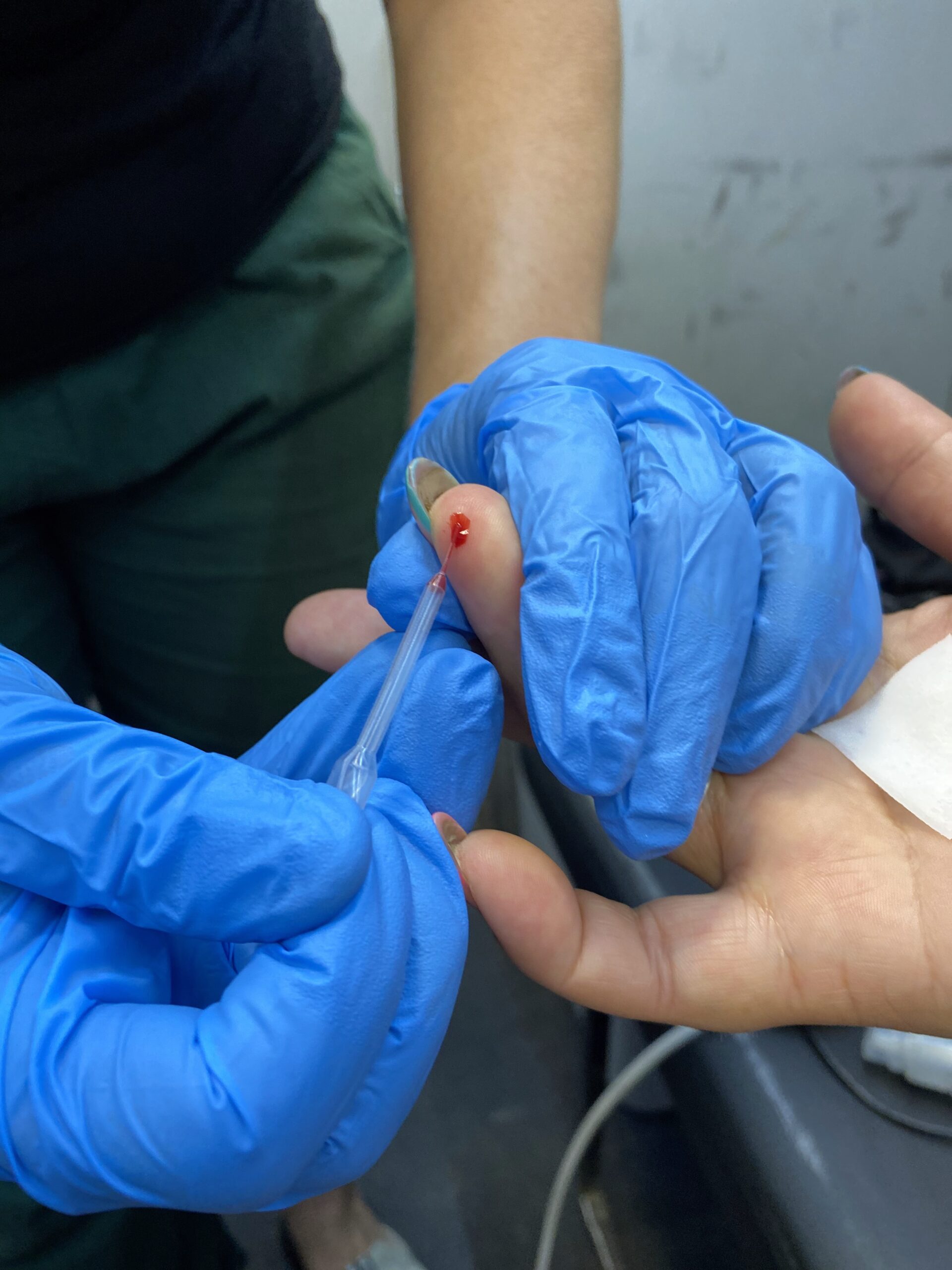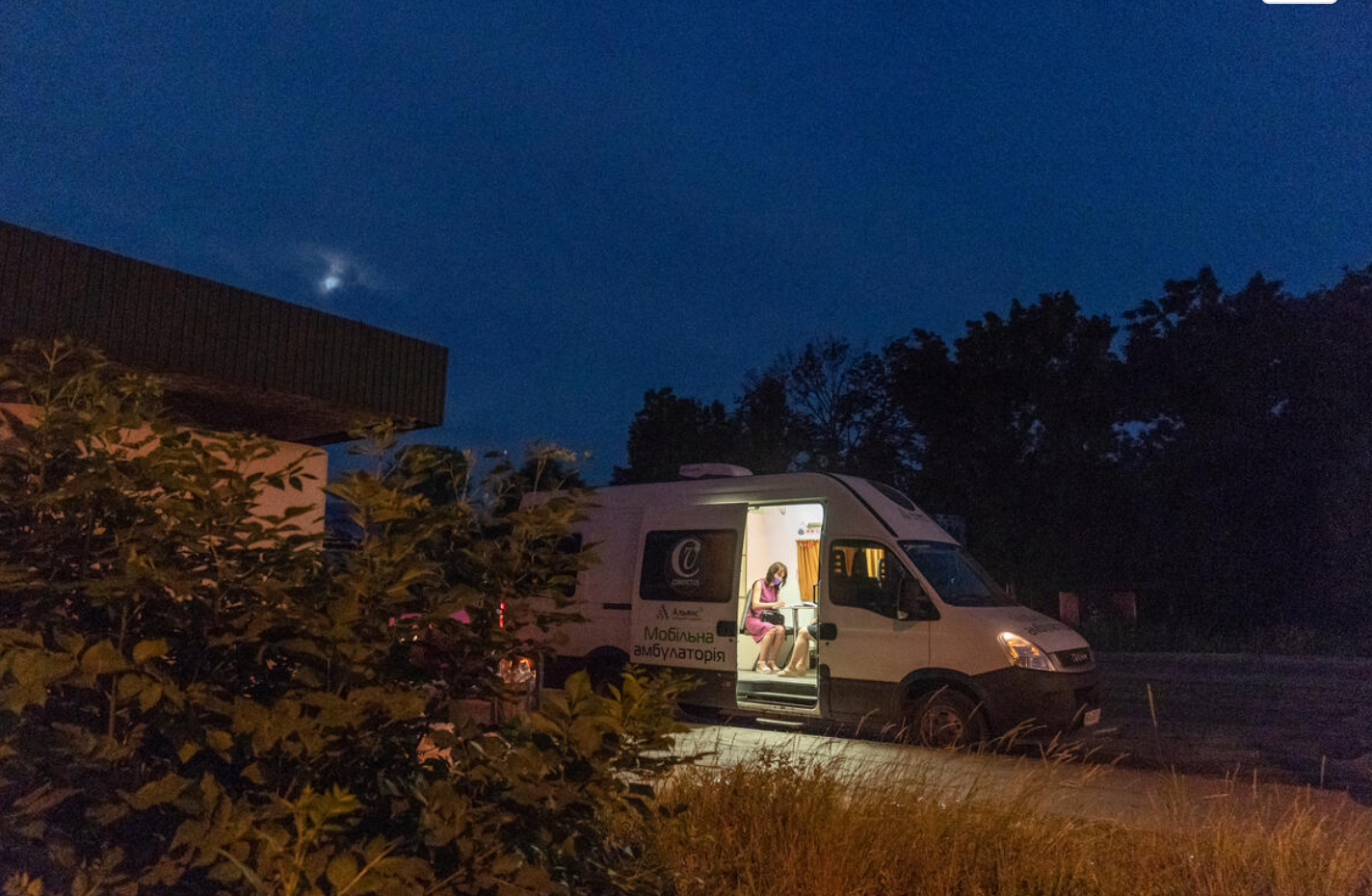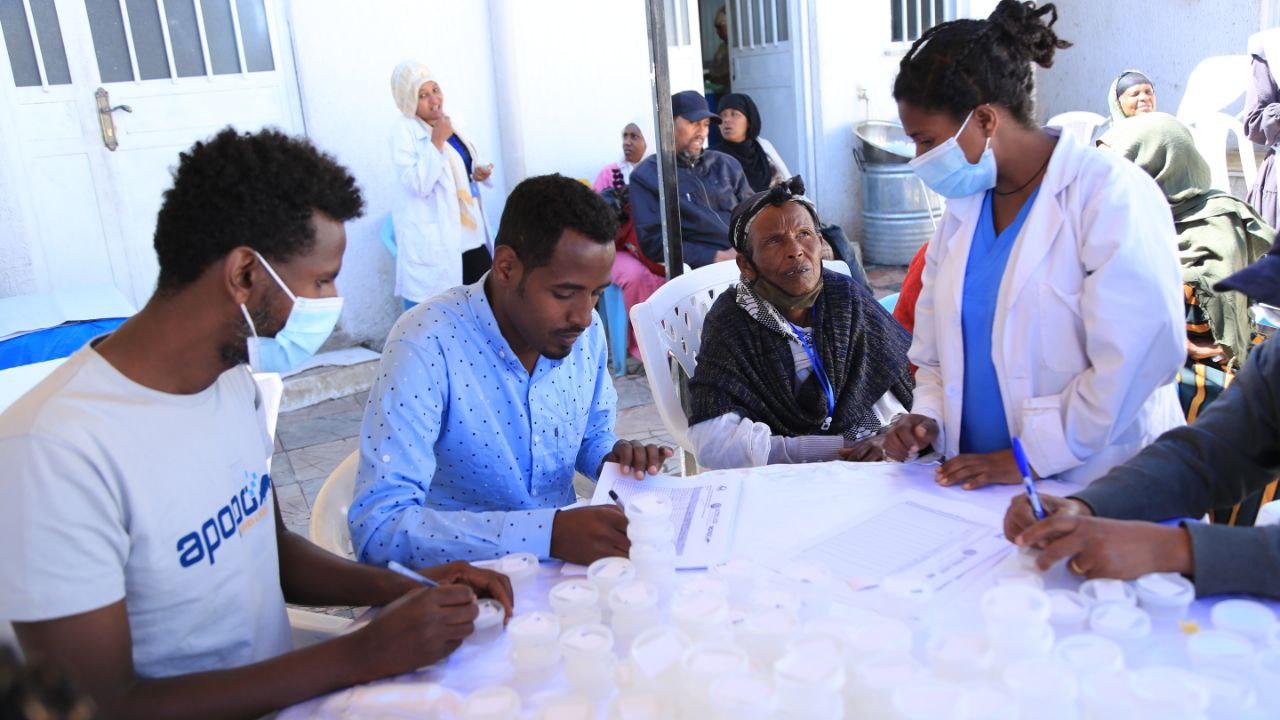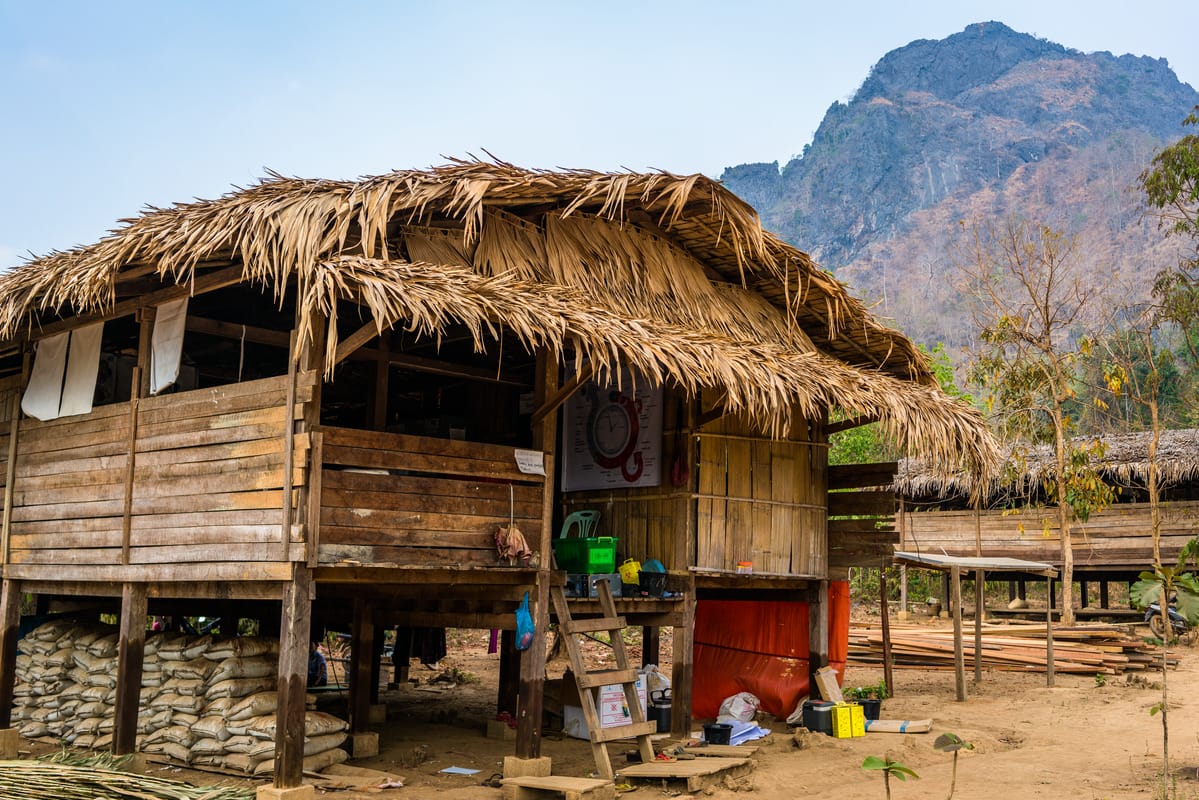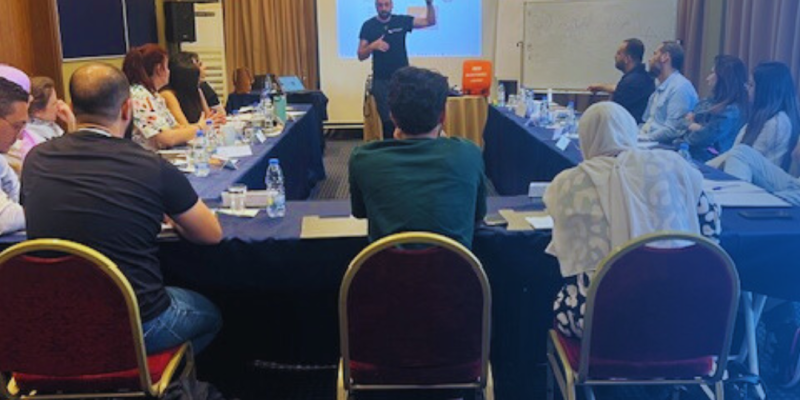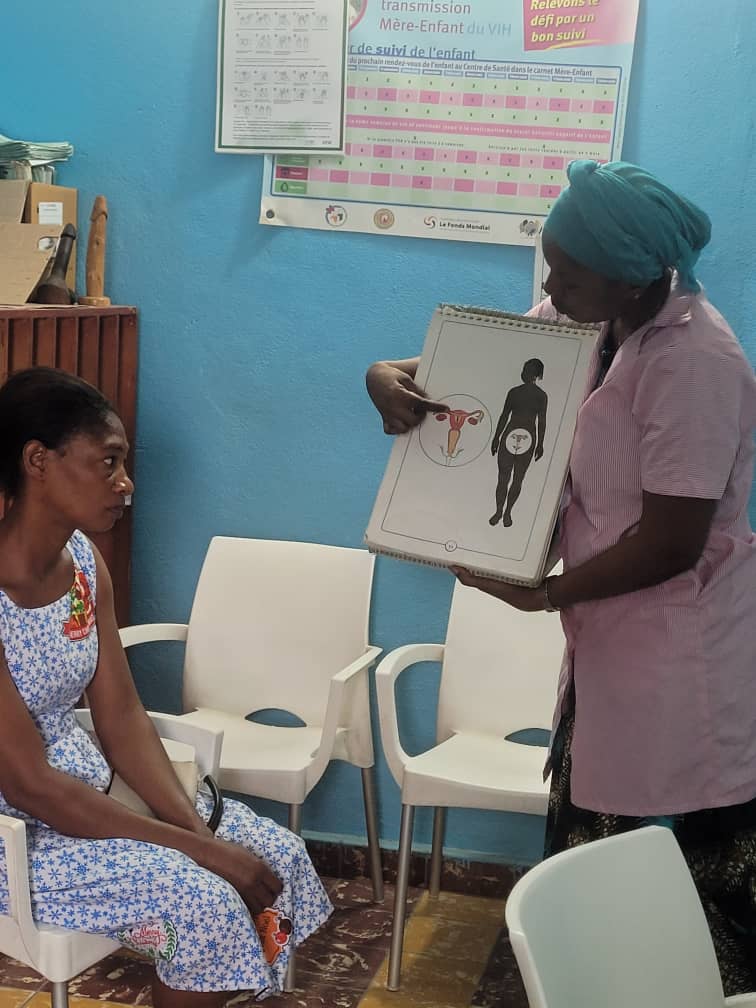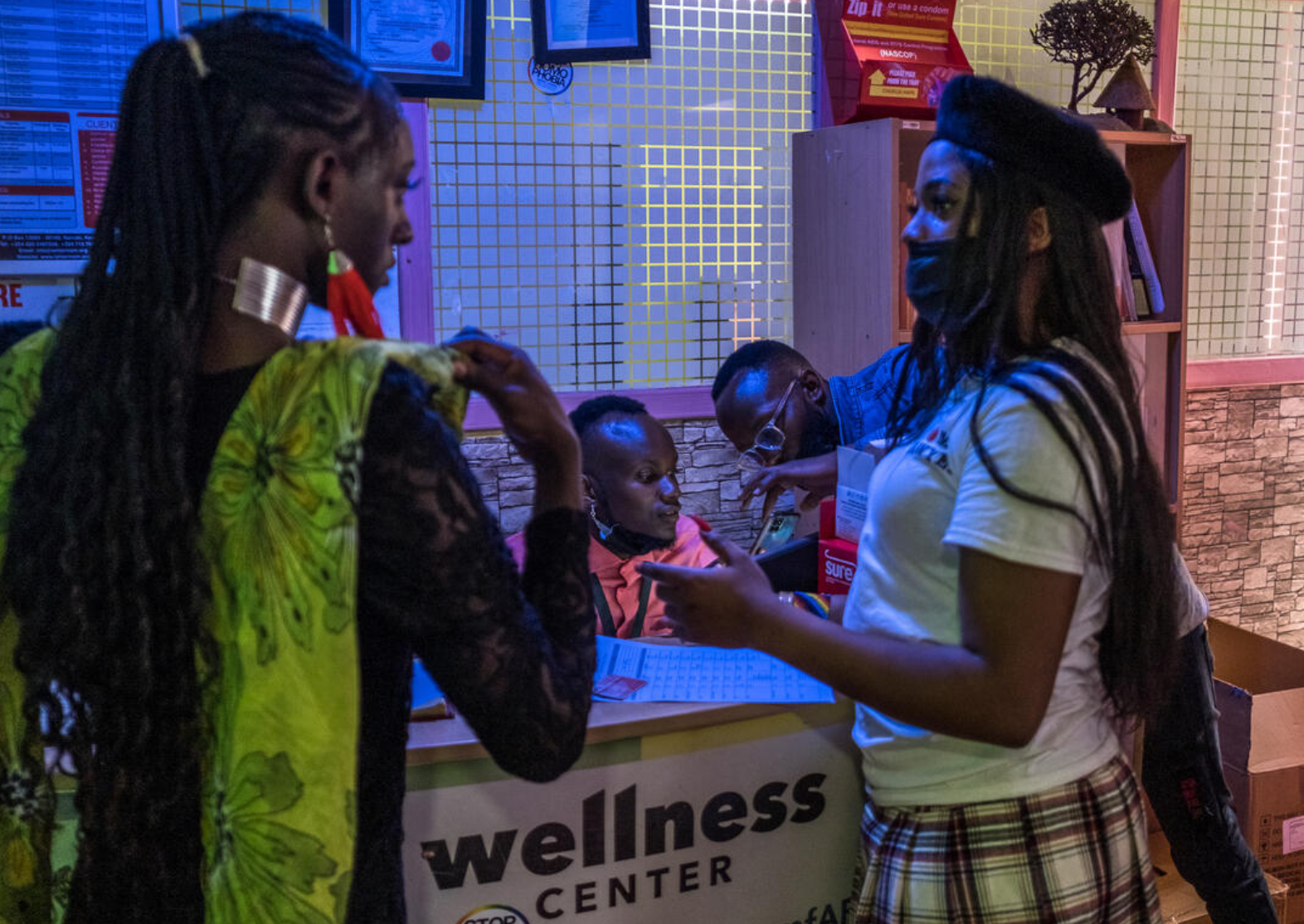Maintaining medical services and improving access to healthcare services for people living with HIV, tuberculosis patients and vulnerable groups affected by the war and humanitarian crisis, as an effective emergency response during wartime in Ukraine.
Context
Russia’s invasion of Ukraine has devastated the Ukrainian healthcare system and caused a humanitarian crisis with a surge in migrants and refugees. Hospitals, educational institutions, transport, and civilian housing are under constant shelling. As of February 2024, 1,523 medical facilities were damaged and another 195 completely destroyed, with 194 civilian doctors were killed. People in conflict zones are suffering from food shortages, chronic stress, and limited access to healthcare services. Patients are relocating to cities like Kyiv, Rivne, Poltava, and Chernihiv, increasing the strain on medical infrastructure. Those living with HIV, tuberculosis, and other vulnerable groups are especially affected, with a rise in treatment interruptions. The economic crisis has also impacted healthcare budgets, jeopardizing staff salaries and the purchase of medications and equipment, while making hospital operations more difficult due to power shortages.
Description
The project aims to address the emergency needs of healthcare providers, social workers, and vulnerable patients in Ukraine by:
- Supporting medical centers and expanding the medical services in the “100% Life” medical centers to respond to current neeads of PLHIV and vulnerable groups;
- Providing thermal underwear, power banks, and fuel for generators to NGOs and their clients;
- Ensuring personal protection for medical personnel and social workers in the field with protective vests;
- Supporting the restoration of basic services in newly liberated regions by providing comprehensive technical assistance to key service providers on NGOs basis;
- Addressing the skill gap for social workers to assist clients suffering from trauma and stress related to the war through capacity-building training.
Impact
Patients who have suffered from the war and were forced to change their place of residence are provided with high-quality continuous medical services. The number of patients and services at the “100% Life”medical centers has been expanded. The social workers have the capacity to identify and address the post-traumatic syndrome and constant stress in their clients.
